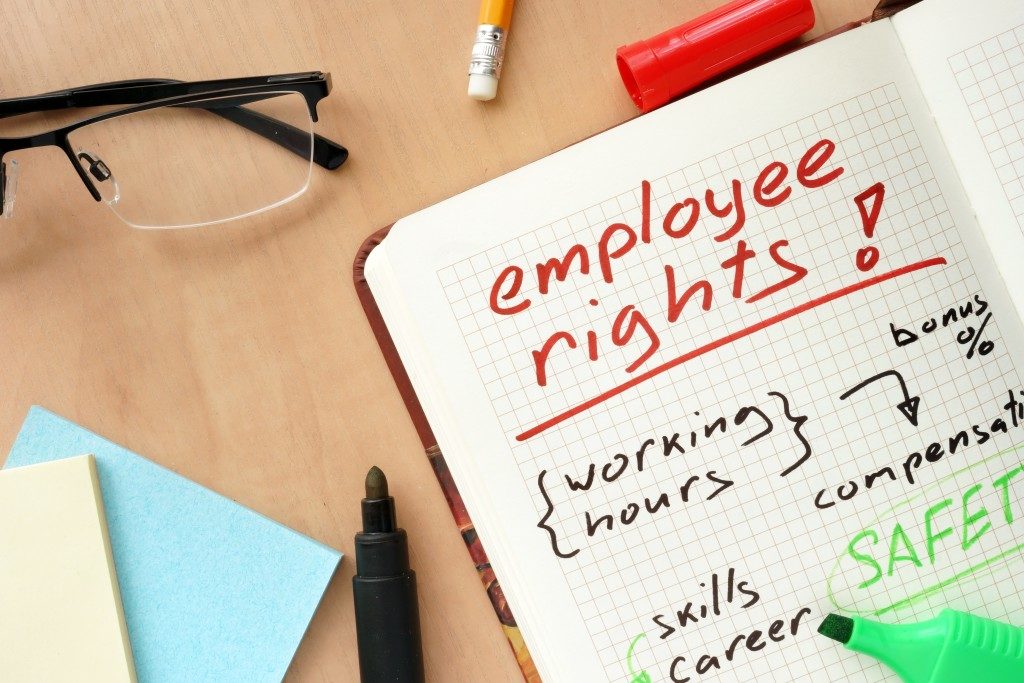Since the stay-at-home orders started in March, businesses, especially small to medium enterprises, have been bleeding money. According to a recent survey published in the Proceedings of the National Academy of Sciences of the U.S.A., mass lay-offs and closures started as early as March 2020. Over 43% of the respondents said their business had temporarily closed. The study also showed that companies that spent more than $10,000 on monthly costs only had only two weeks’ worth of cash on hand when they were surveyed.
SMBs like yours, which are pillars of the country’s economy, are in danger of going under the longer this pandemic goes on. And with the U.S. leading the world in COVID-19 cases, the end of it seems to be out of reach. Apart from adapting to social distancing measures, your company might need financial aid to survive. Here are your options.
The CARES Act
The Coronavirus Aid, Relief, and Economic Security (CARES) Act is a $2 trillion package meant to help families, employees, and small businesses that are financially affected by the pandemic. One of its projects is the small business paycheck protection program (PPP). This is for enterprises with 500 or fewer workers.
The program gives small businesses with fully-forgiven loans to pay up to eight weeks of payroll and benefits for employees. It can also be used for utilities, rent, and mortgage interests. However, the business must use 75% of it on their payroll. ;
The U.S. Treasury has rules regarding the forgiveness of the loan as well. Employers must maintain the salary levels of all employees and rehire ones that were furloughed because of payroll costs. The government will reduce forgiveness if your full-time employee headcount declines or if you decrease wages.
Economic Injury Disaster Loans

Unlike the PPP, this isn’t forgivable. It also requires a credit check for your business. So, if your company has bad credit, your application might get declined. However, it is wise to apply for both the PPP and EDIL if you can, especially if you can get full forgiveness on the former. This way, you can get operations back to normal as soon as possible.
But What About Insurance?
The case for insurance coverage during COVID-19 continues to be a tricky subject. Some insurers are denying business interruption claims because pandemics aren’t covered. Businesses are hiring bad faith insurance lawyers to file cases against providers that reject claims. Lawmakers in states like New York and Illinois are also suggesting laws that require insurers to approve claims for COVID-19 damage.
The best you can do for now is file a claim. If it gets approved, great! But if it gets rejected, it might not be worth the stress and money to fight their decision.
The recent pandemic has created a slew of problems for businesses and consumers alike. Apart from enacting proper social distancing measures, you should also seek financial aid if you want to keep your small business afloat. Loans from the government and trusted organizations like the SBA are a great place to start, as they offer low interest rates and even forgiveness. Remember, spend your loan money wisely by paying your workers, utilities, and other expenses properly and on-time to make the most out of them.



